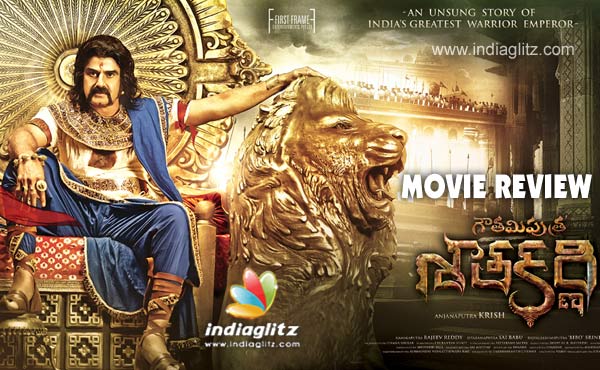
'Gautamiputra Satakarni' hits the screens today as a landmark Balayya movie. A prestigious venture, here is our review of it:
Story:
Set in 78-110 AD, the film tells the legend of the Satavahana Emperor Satakarni, whose mission was to weld all of the small kingdoms into a single large entity. He wants to achieve peace. Through war. All that his enemies have are only two options: to live as his feudatories by buying peace, or to go for war and live as his feudatories after biting the dust!
In one fell swoop, he can conquer a whole residual army single-handedly. As he says, it's not armies that win the war, but strategy. When push comes to shove, it's his super-human qualities that snatch victory from the jaws of defeat. He treats his opponents as flies. He is a war machine whose kid is a mini-war machine (yes, the 2 ft kid bursts forth as if he were a colossus, ready to exterminate Nahapana, the enemy king! Let's project the thigh-slapping 'chota' factionist of a B Gopal movie into ancient history).
As he goes on and on with his relentless expeditions, the challenge thrown up a foreign power - the Greeks - threatens to obliterate his dream of ushering in a single Bharath.
Can he emerge victorious by surviving a weaker army, the unethical opponent (Demetrius), his honey trap, the intrigues and all? That forms the crux of the second half.
Analysis:
Krish pens a story that is not in the typical Tollywoodian mold. He chooses to tell the glorious march of Satakarni, not his life story per se. Without resorting to the kind of afflictions our films are infamous for, he makes everything - the conversations, emotional conflicts, a couple of songs, even the lead pair's holidaying ('Oke Okkadu'-style) - come from the world of his heroic adventurism.
This has its own merits and demerits. To speak of the merits, the viewer is reminded of the story-less story every now and then, even as Sai Madhav Burra is permanently engaged in deifying Satakarni-ism. And the run-time is rightly only 135 minutes.
Dialogue after dialogue, Balakrishna's expression after expression, the screenplay manages to keep the proceedings measured in the first half. The Nandamuri Nata Simha's fiery looks, intense eyes, aggressive demeanour go a long way in telling a long story short. Burra might have not felt the need to write more lines because the Balayya visuals are enough to convey so many punch lines! Balakrishna delivers one of his career best performances
Krish once again follows the 'Kanche' template of conversations taking place in parallel between different sets of characters. This screenplay technique is substantial, though not always of the same degree. Sample this: As Buddhist monks describe him as a war machine, Balakrishna enters the battlefield brandishing his glorious sword. Such a superb intro scene this...
Burra's dialogues are the film's soul. 'Thala vanchaku.. adi nenu gelichina thala'. Satakarni doesn't like even his defeated enemy to bow head in defeat. Another example: 'Naa kalalni kooda kanna thallivi, neeku teliyanida amma..!' The Balayya-Burra magic is on and on. 'Meeru athanni yuddham lo choosaru.. Nenu athani lo yuddhanni choosanu', says the venomous Greek honey before the anti climax moment arrives. 'Adi gatham, nenu bhavishyatthu'. Yes, Satakarni is all about future.
While the film works in terms of ideas, it doesn't always work in terms of episodes. For example, the idea of Satakarni listening to his child's story in the battlefield as he rides the horse toward Nahapana (Kabir Bedi) is brilliant, so also the idea of revealing to Vasishta Devi (Shriya Saran) a fearsome secret through a 'burra katha' (Shivrajkumar in the role of a folkish exponent makes a mark). But somehow, the episodes as a whole don't match up to the bits (ideas) and pieces (the inherent emotions).
Since it's all about wars, the director had a tough job in filming the last war in a special way. But it is nothing breathtaking, thereby leaving the tempo affected. There was absolutely no need to hype up Hema Malini when she hardly has a single memorable line. Forget that, she doesn't have enough scenes even. She otherwise looks classy. Shriya is engaging in the role of an agonized wife who recoils in horror that her husband can even think of taking her child into the battle. The romantic track is a turn off, despite 'Mriganayana'. Tanikella Bharani, Siva Krishna, Ravi Prakash, Subhalekha Sudhakar fit the bill.
Chirantan Bhatt's music somehow doesn't give the desired impact, so also his BGM. Gnana Shekar VS' cinematography is the best technical output. The art department puts in a good job. Neeta Lulla's costume designing deserves a special mention.
Verdict:
In a war film, it's the profound dialogues and performances that make the most impact, while the war sequences deliver the least impact. Balakrishna ahoy!
గౌతమీపుత్ర శాతకర్ణి తెలుగు వెర్షన్ మూవీ రివ్యూ
Rating: 3.25 / 5.0
Showcase your talent to millions!!
Telugu Movie Reviews
 Devaki Nandana Vasudeva
Devaki Nandana Vasudeva
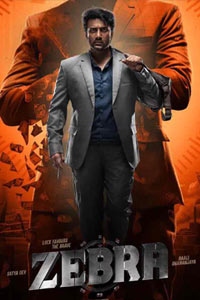 Zebra
Zebra
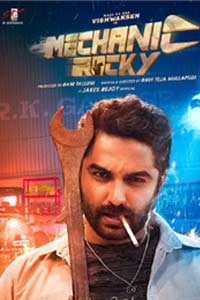 Mechanic Rocky
Mechanic Rocky
 Matka
Matka
 Kanguva
Kanguva
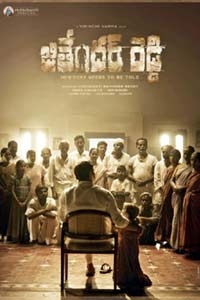 Jithender Reddy
Jithender Reddy



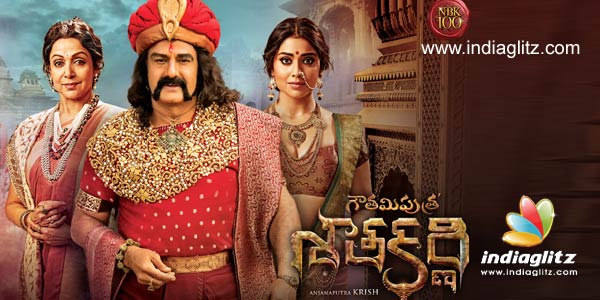
Comments